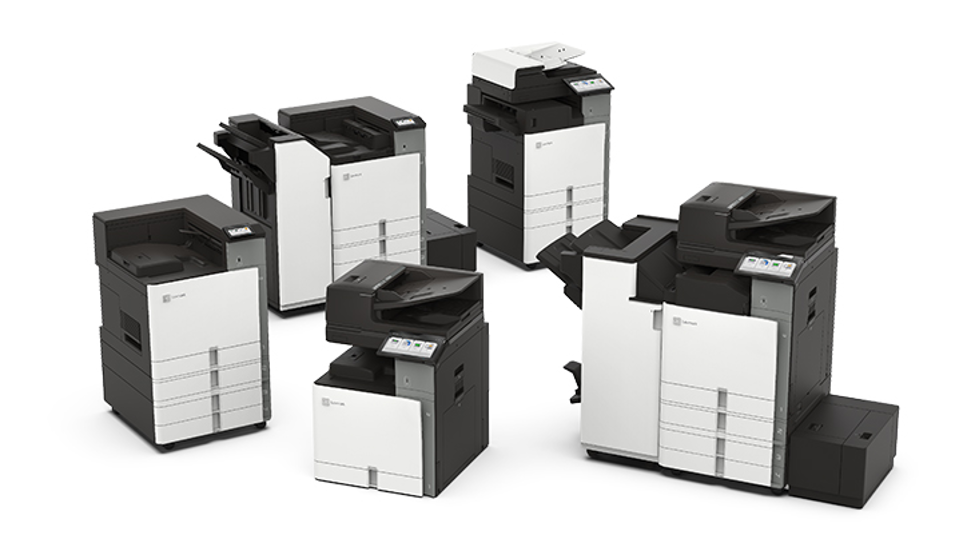The following appears on Forbes.com
Lexmark may have crossed the line into false advertising when it told manufacturers of refurbished ink cartridges that it was illegal for them to use microchips designed to allow them to operate in Lexmark printers, the U.S. Supreme Court ruled today.
 In a unanimous decision penned by Justice Antonin Scalia, the court ruled that Static Control could bring a Lanham Act case against Lexmark for sending letters to the chipmaker’s customers saying it was illegal for them to use Static Control chips in refurbished ink cartridges. Static Control reverse-engineered chips that Lexmark had developed to try and prevent competitors from undercutting it in the lucrative printer ink business.
In a unanimous decision penned by Justice Antonin Scalia, the court ruled that Static Control could bring a Lanham Act case against Lexmark for sending letters to the chipmaker’s customers saying it was illegal for them to use Static Control chips in refurbished ink cartridges. Static Control reverse-engineered chips that Lexmark had developed to try and prevent competitors from undercutting it in the lucrative printer ink business.
![]() The decision gives a potentially powerful weapon to free-data advocates who say companies are using laws like the Digital Millenium Copyright Act to squelch competition and even criminalize the use of technology that gets around digital rights-management software and other controls on how customers use data. Companies will have to be careful before accusing a competitor of violating patent laws or saying unauthorized technology is inferior or illegal.
The decision gives a potentially powerful weapon to free-data advocates who say companies are using laws like the Digital Millenium Copyright Act to squelch competition and even criminalize the use of technology that gets around digital rights-management software and other controls on how customers use data. Companies will have to be careful before accusing a competitor of violating patent laws or saying unauthorized technology is inferior or illegal.


